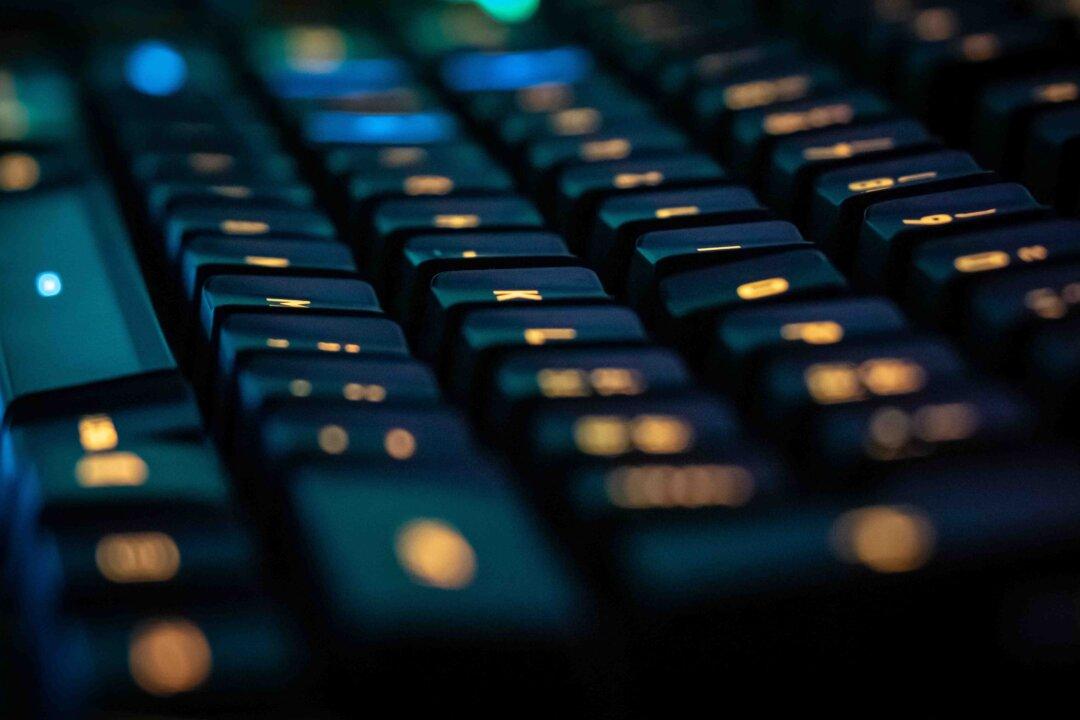Commentary
Yes, we all love being online. It’s how we stay in touch, read and hear the news, watch movies, bank, buy, sell, find directions, track our health, influence culture and politics, read books, and generally stay in contact with the world. I’ve been an online maven since about 1995, if not earlier, and I’m the last one to cast aspersions on the entire apparatus.





